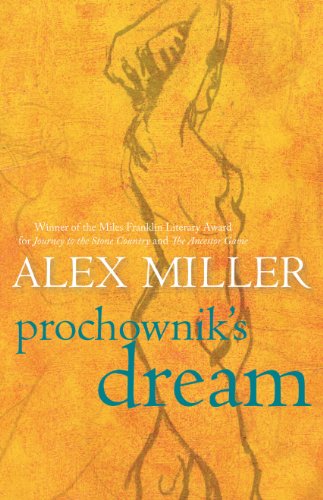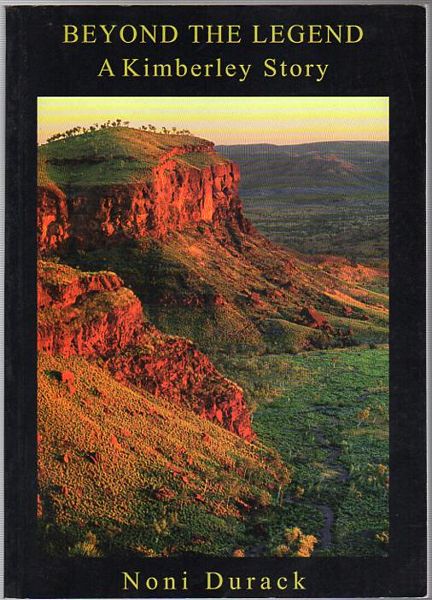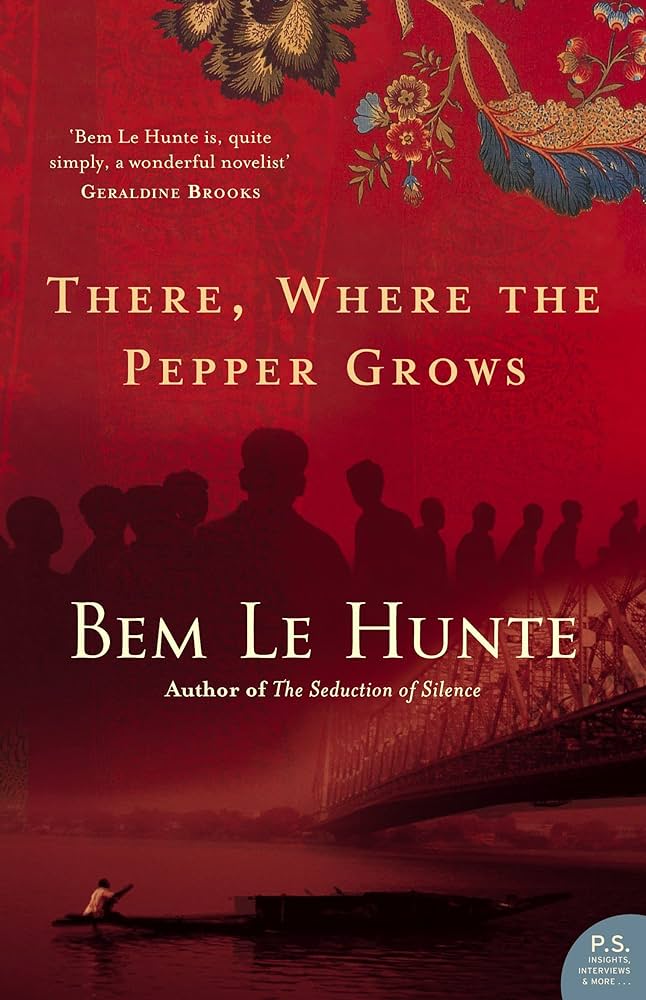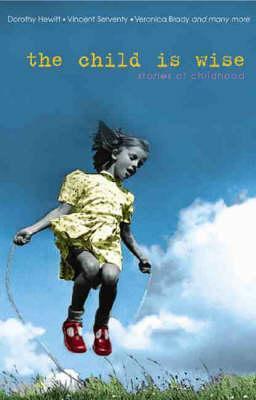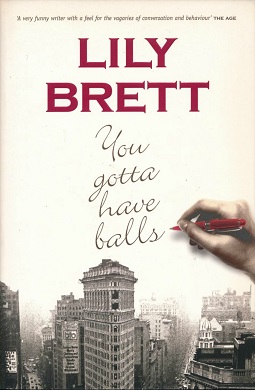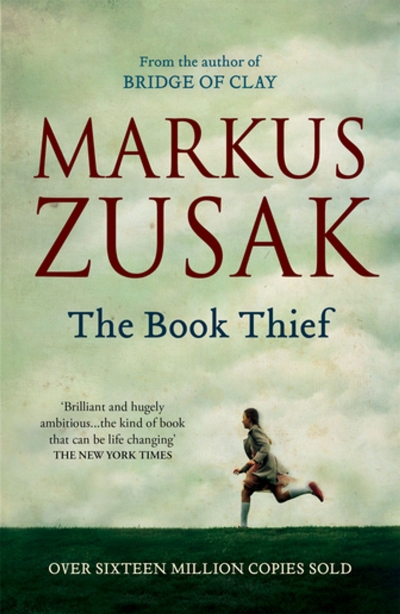Fiction
Snapshot by Garry Disher & A Thing of Blood by Robert Gott
Here are five reasons why there is a literacy crisis in Australia. It is not about teacher-training; it’s about appallingly conservative publishing choices and the positioning of ‘reading’ as something that needs to be slipped under the radar of children’s attention, rather than celebrating it as one of life’s biggest adventures. What these novels share is a commitment to sport as a structuring narrative principle. Australian Rules, rugby union, netball, athletics, soccer: the sports and titles change, but the overall arc remains the same. In this respect, these books feel market-driven: generic responses to some global marketing division called ‘encouraging reluctant readers’. While this enterprise is not unworthy, the assumption that children who are not reading will be automatically attracted to novels about organised sport seems dubious.
... (read more)



